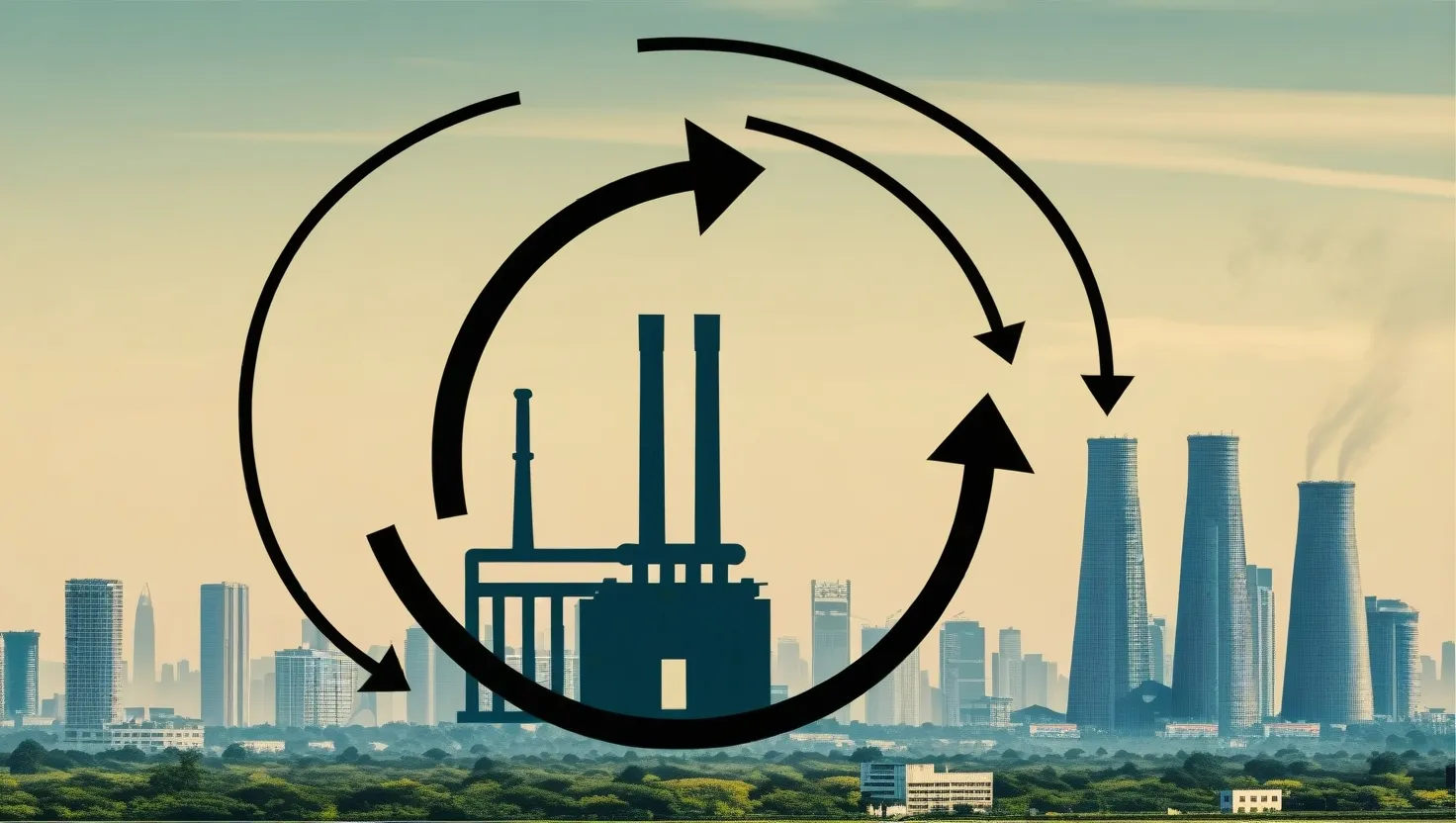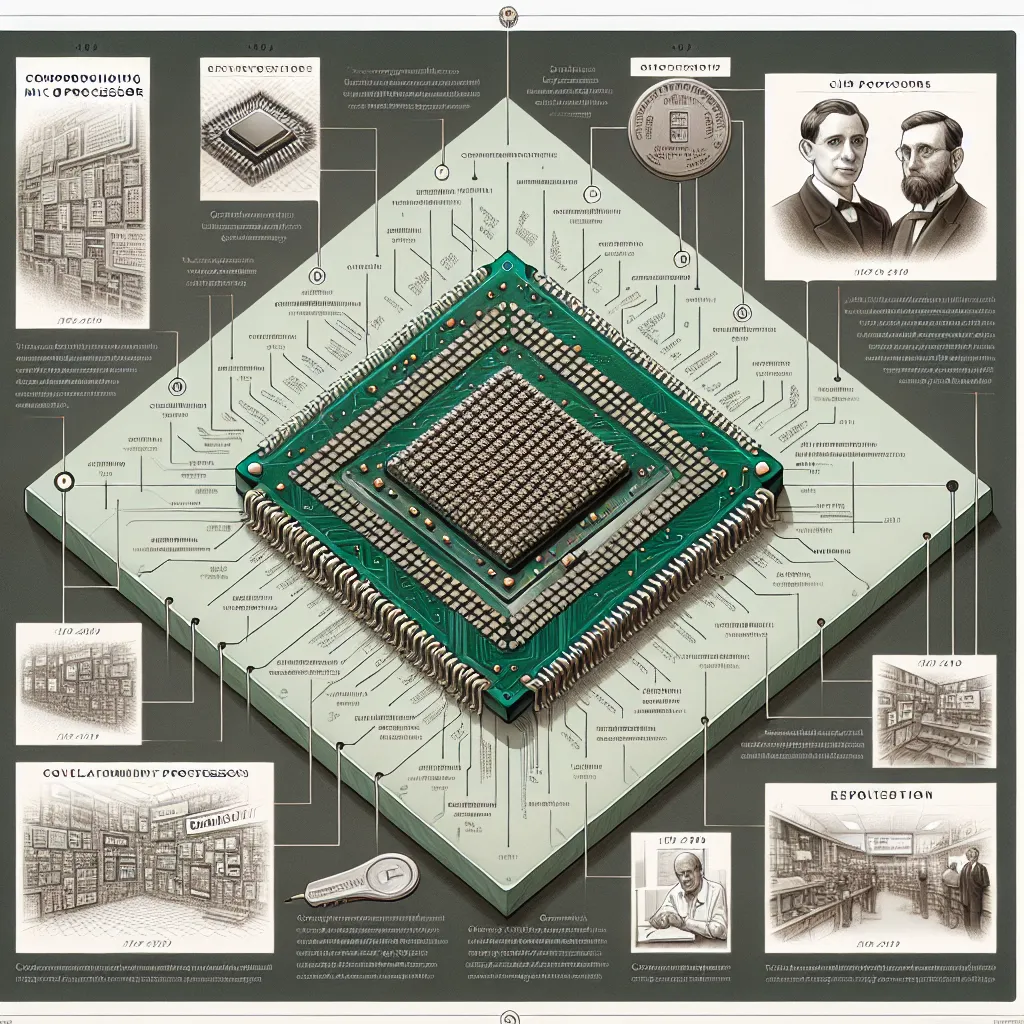BMW, one of Germany’s automotive giants, has a rich history of producing top-notch engines and cars for over a century. However, we’re not focusing on BMW’s past today. Instead, we’re diving into the darker, little-known tale of its largest shareholders, the Quandt family.
The Quandts are Germany’s wealthiest family today, and they’ve been influential industrialists for over a century. Their fortune traces back to Günther Quandt, who capitalized on World War I by selling uniforms to the German Empire. After the war, Günther expanded his wealth by acquiring struggling businesses during hyperinflation, turning his company into a vast conglomerate that spanned textiles, electronics, crude oil, weapons, and batteries.
Günther’s personal life saw some dramatic turns. His first wife died of the Spanish flu, leaving him with their son, Herbert. He later married and divorced Magda Ritschel, who left him to marry Joseph Goebbels, head of Nazi Germany’s Ministry of Propaganda. Despite this twist, Günther saw opportunity rather than loss. He even hosted the wedding at his mansion, with Adolf Hitler as the best man.
As Hitler rose to power in the 1930s, Günther became a crucial ally. His factories, especially the AFA battery factory, became essential to Germany’s war efforts, producing batteries for submarines, tanks, and even the V-2 rocket. In 1937, Hitler appointed him as Leader of the War Economy. Günther’s businesses, including those appropriated from conquered territories, thrived under Nazi rule, using forced labor, including Jewish workers in brutal conditions.
When World War II ended, the downfall of Nazi Germany didn’t bring Günther to justice. The Americans interned him but released him after a year and a half due to “insufficient evidence” linking him to Nazi activities. Herbert, his son, found himself in the British occupation zone, where he quickly got an operating permit to help rebuild post-war Germany’s economy.
Günther passed away in 1954, and Herbert took over the family empire. He revitalized the struggling BMW, which had been bombed and seized post-war. Herbert’s investment in BMW led to the creation of the BMW 1500, sparking a resurgence that established BMW as a modern automotive leader.
The wealth that rebuilt BMW, however, was rooted in wartime profiteering. Despite other German companies offering public apologies in the late 1990s, the Quandts remained silent until a revealing documentary in 2007. They eventually issued public apologies, but their legacy remains controversial. Herbert’s children, Susanne Klatten and Stefan Quandt, continue to be highly influential, with Susanne being Germany’s richest woman and Stefan holding a substantial stake in BMW.
Today, the Quandts are major political donors and still resonate deeply within the German elite. While they can’t be held responsible for their ancestors’ actions, the link between Nazi Germany and today’s wealthy elite is a poignant and complex tale.





